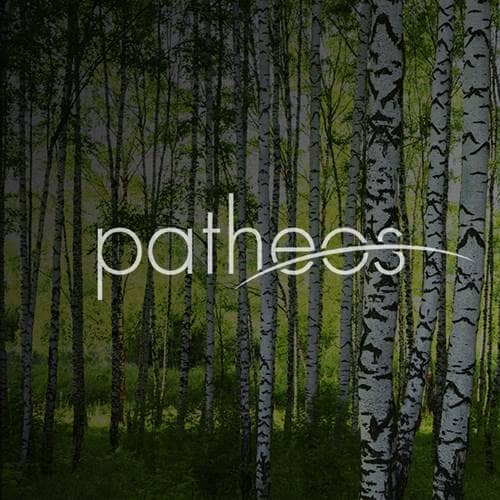- Trending:
- Pope Leo Xiv
- |
- Israel
- |
- Trump
- |
- Social Justice
- |
- Peace
- |
- Love

RELIGION LIBRARY
Korea
Indigenous Korean Religion refers to the ancient native agricultural and shamanistic religious traditions unique to Korea. Although Korean religion and culture has been influenced by a wide variety of other religious traditions - Buddhism, Taoism, Confucianism, Christianity, Islam - there are also unique forms of religious beliefs and practices in Korea that are rooted in local cult practices and also in ancient Siberian and central Asian shamanistic traditions. These traditions meld a cosmological orientation that includes sun and animal symbolism and elaborate mythologies describing the formation of the Korean land and people. One of the most well-known myths is that of Tan'gun, a semi-divine man/animal who became the patron god of the Korean state. Many of these indigenous Korean religious traditions also have strong agricultural components in which specific rituals are correlated to the agricultural cycle, including harvest rituals representing both agricultural and human fertility. Other religious rites and rituals are related to the significant shamanistic element present in these religions; these rituals include magic, healings, and exorcisms, and have traditionally been conducted by shamans and kings. Many of these shamanistic rituals were traditionally performed around agricultural and seasonal cycles. Indigenous Korean religions are also characterized by their adoption of many Confucian principles, in particular Confucian social, ethical, and political principles. Even though much of Korean religious life has been overtaken by the larger "world religions" of Buddhism and Christianity and Islam, indigenous religious ideas and practices are still quite common.
Quick Facts
| Formed | -4000 |
| Adherents | Unknown |
| Deity | Multiple deities, associated with nature and cosmogony |
| Sacred Text | Samguk yusa |
| Origin | Korea |
| Headquarters | Korea |










